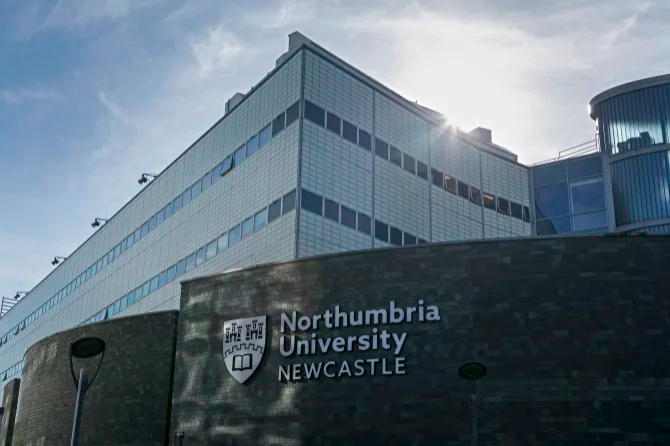
Funding on offer for North East employers to help young people into work
New funding from government is on offer to help employers in the North East create job placements for young people who might otherwise be at risk of long-term unemployment.
Applications are now open for the Kickstart Scheme, which offers employers of any size, and operating in any sector, funding to create new, six month job placements for young people who are currently receiving Universal Credit.
Michelle Rainbow, Skills Director at the North East Local Enterprise Partnership, explains: “The aim of this new scheme is to help young people gain the skills, confidence and experience that they need in order to go on and find work once they’ve completed their job placement.
“It’s not just a short-term measure. In the North East we really want to provide high quality job placements that will not only give young people experience of the workplace, but also give them valuable opportunities to learn and progress.”
Businesses that want to create 30 or more job placements can apply directly to the Kickstart Scheme via www.gov.uk. For businesses that plan to create fewer than 30 placements, the North East LEP will apply on their behalf, grouping applications to create clusters of high quality placements across a range of sectors in the North East.
Organisations of any size are eligible to apply, as long as the placements they are creating help young people to become more employable, for example, by helping them develop their skills in the workplace, by providing support with interview preparation and CV development, or by providing careers advice and help with goal-setting.
The funding on offer includes 100% of the relevant National Minimum Wage for 25 hours a week, plus associated employer National Insurance contributions and employer minimum auto-enrolment pension contributions. There is also £1,500 per job placement available for setup costs, support and training.
Employers can spread the start date of the job placements until the end of December 2021.
Michelle Rainbow added: “We know that young people, many of whom have finished school, college or university during the pandemic, are facing a difficult time and might have seen their plans for the future turned upside down.
“That’s why programmes like this are so important, and why we are working with North East employers to help give the next generation the best possible start in what is one of the most difficult times any of us have seen.”
For more information about the Kickstart Scheme visit www.northeastlep.co.uk/kickstart.






